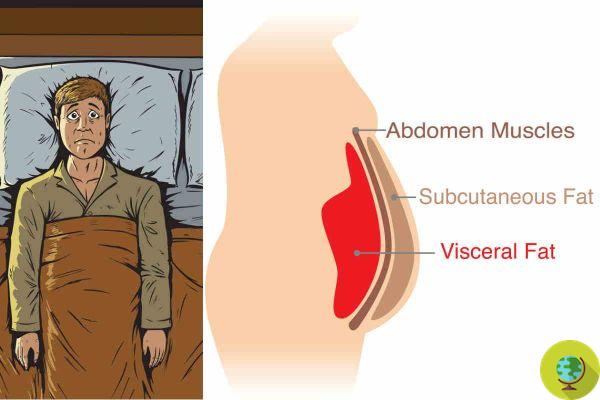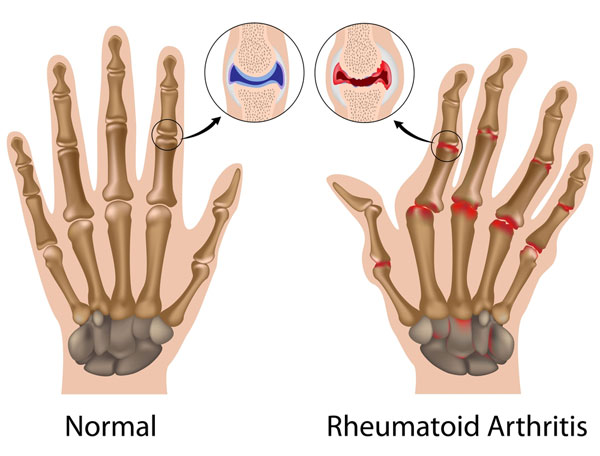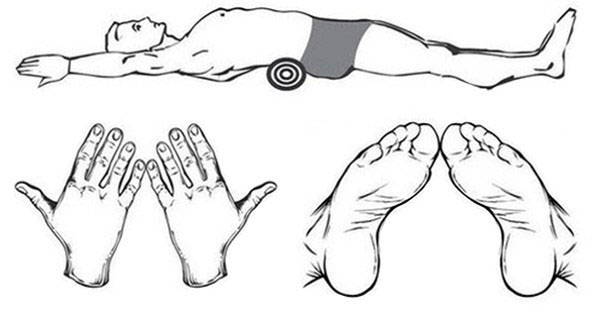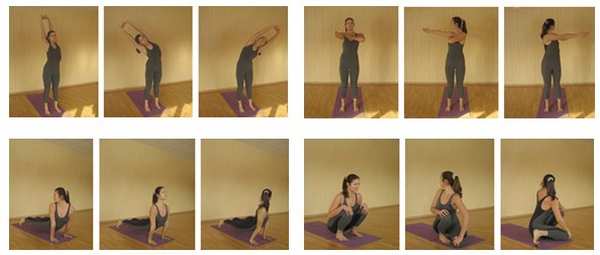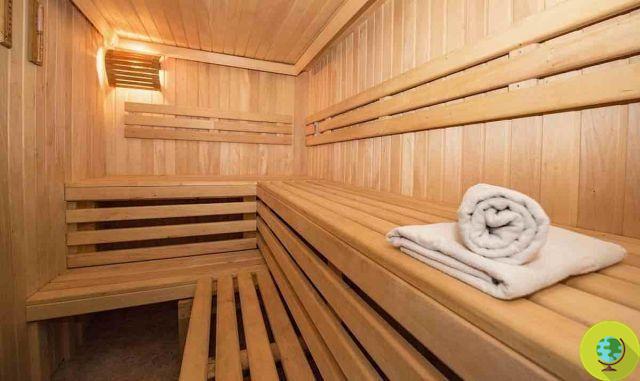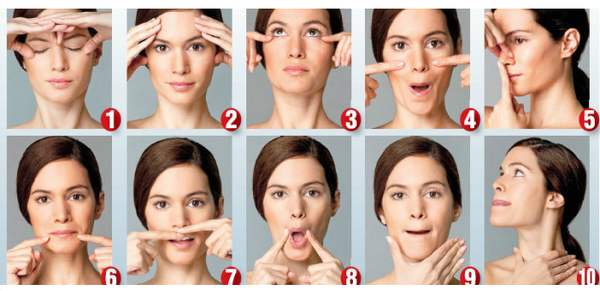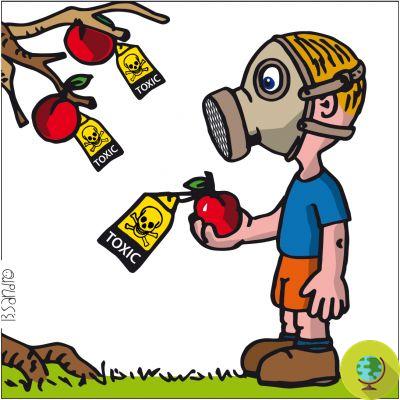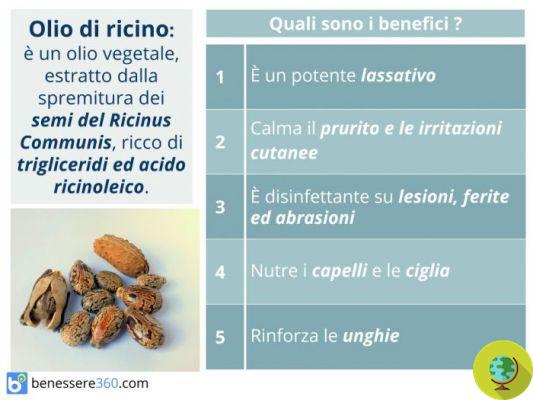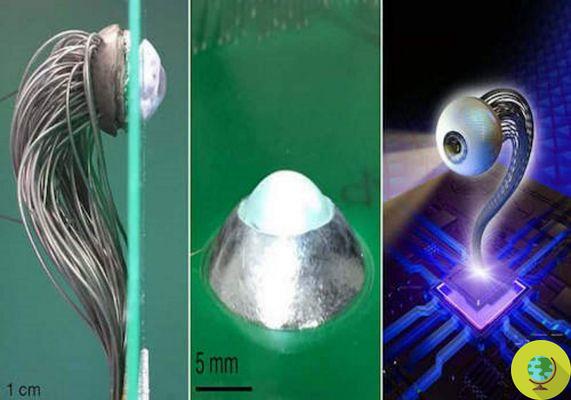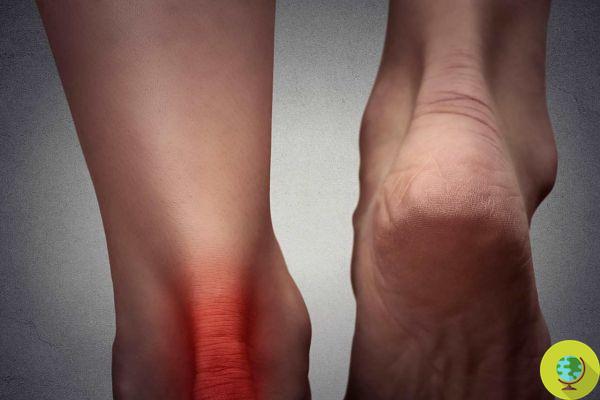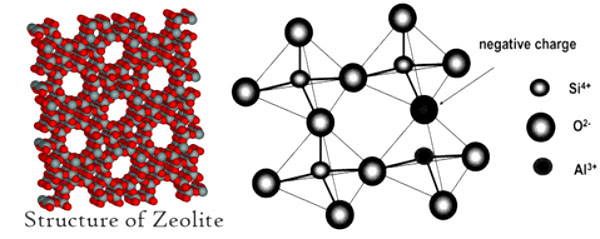
Plastic visors are not effective against coronavirus: according to a new Japanese study: 100% of the droplets exceed them
Plastic visors are not effective against coronavirus: according to Japanese researchers, almost 100% of the smallest droplets emitted by the infected are able to overcome this type of barrier.
We often see them on hairdressers, beauticians, barbers, but also traders and many other categories of workers, yet according to a study conducted by the Riken Center in Japan and published in the journal Physics of Fluids, these visors are not effective to protect against Covid-19.
The visors were tested in a simulation by Fugaku, the fastest supercomputer in the world, which found that nearly 100% of airborne droplets smaller than 20 microns in size have escaped. In practice, the diffusion of fluorescent microparticles was analyzed. The smallest droplets emitted by an infected person when speaking or breathing are able to cross the barrier of the plastic protection, while the larger ones, that is, greater than 50 microns in size that are produced by coughing or sneezing, 50% manage to reach the visor. The point is that these tools do not cover the entire face and therefore allow the particles to pass.
Here instead we told you about the masks that do not protect against coronavirus:
Masks that do not protect against coronavirus. Here is the list drawn up by the Spanish Ministry of Health
At the head of the studio is Makoto Tsubokura. He and his team are convinced that sun visors are useless and that to be protected you need to wear a surgical mask that covers your nose and mouth. To be understood as doctors, nurses and health personnel do.
"Judging from the simulation results, sadly, the effectiveness of face shields in preventing the spread of droplets from an infected person's mouth is limited compared to face masks," Tsubokura told The Guardian.
Experts argue that at most the visors can be worn alone without masks only outdoors or in adequately ventilated environments. Duke University researchers made similar findings last month, coming to the conclusion that N95 masks are more effective, but three-layer surgical masks and cotton masks are also good substitutes.
Two months ago, another study used the same experimental implant to test the effectiveness of different types of masks in the laboratory. Simulations have shown that clear visors initially block the trajectory of a cough or sneeze, but the ejected droplets can easily bypass the visor and spread over a rather large area, depending on the environmental currents present at the time of expulsion. "Over time, the droplets can disperse in both longitudinal and lateral directions, although their concentration decreases with distance," Verma said.
Fonti: Physics of Fluids /The Guardian
Read also:
- Bamboo visors designed by a group of farmers who create jobs and protect against coronavirus
- Lego will produce 13.000 protective face shields per day for donation to healthcare workers in Denmark
- Masks, when and where they are mandatory from today: beware of fines
- The disposable surgical masks for the school will produce 44 tons of waste every day





